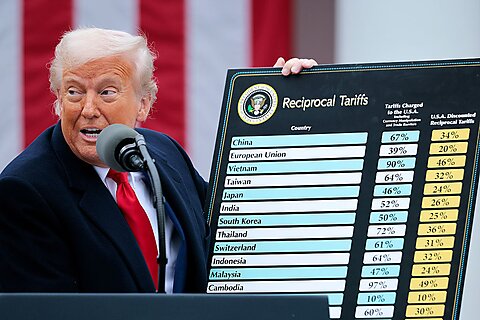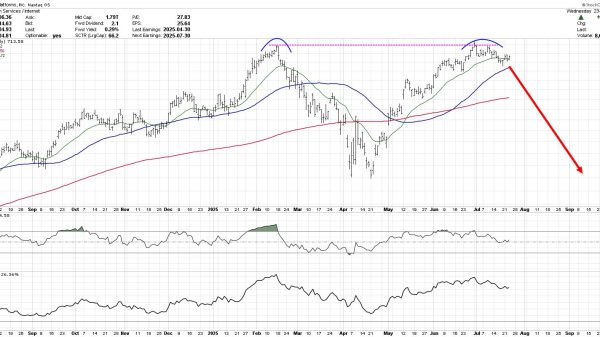Alexander Xenos
The First Step Act of 2018 has been hailed as the most significant criminal justice reform bill in a generation. The overwhelmingly bipartisan legislation addressed disparities that plagued the federal criminal justice system and damaged its public legitimacy. Among other things, it eliminated the harsh “stacking” of mandatory minimums under 18 U.S.C. § 924(c). It also amended 18 U.S.C. § 3582(c), known as the compassionate release provision.
Under that provision, a district court can reduce a defendant’s sentence if it determines that “extraordinary and compelling reasons warrant such a reduction.” Congress emphasized that the law would confer upon judges broad discretion to determine case-by-case whether circumstances warrant compassionate release.
Now, the Supreme Court is considering whether district courts can treat sentencing disparities created by the First Step Act’s changes as “extraordinary and compelling reasons” for sentence reductions.
Cato, Right on Crime, and the Rutherford Institute filed a brief arguing that the plain text of the statute, its purpose, and the long-standing recognition of judicial discretion in sentencing all support allowing consideration of such disparities. A court can consider the fact that a defendant sentenced before the First Step Act would have received a significantly lower sentence today.
The First Step Act addressed widespread bipartisan concerns over excessively harsh and arbitrary sentences, particularly those involving mandatory minimums and stacked charges. Compassionate release was expanded precisely so that judges could address such injustices. Limiting judicial discretion to consider these sentencing disparities would not only frustrate congressional intent but also result in unnecessary and costly continued incarceration.
The Supreme Court should give effect to the ordinary meaning of the text and apply longstanding constitutional doctrine rather than re-entrench the injustices the First Step Act sought to remedy.











